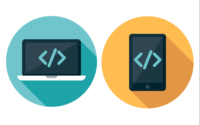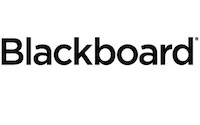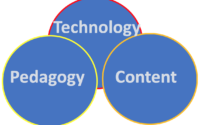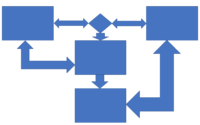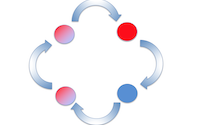
What are the affordances of information and communication technologies?
The paper examines the notion that Information and Communication Technologies (ICT) have affordances that epitomize the features of our late modern age (Giddens, 1991 GiddensA (1991) Modernity and self identity(Cambridge, Polity Press) [Google Scholar] and explores whether these affordances (Salomon, 1993 Salomon, G. (Ed.) (1993) Distributed cognitions—psychological and educational considerations(Cambridge, Cambridge University Press) [Google Scholar] , p. 51) […]

